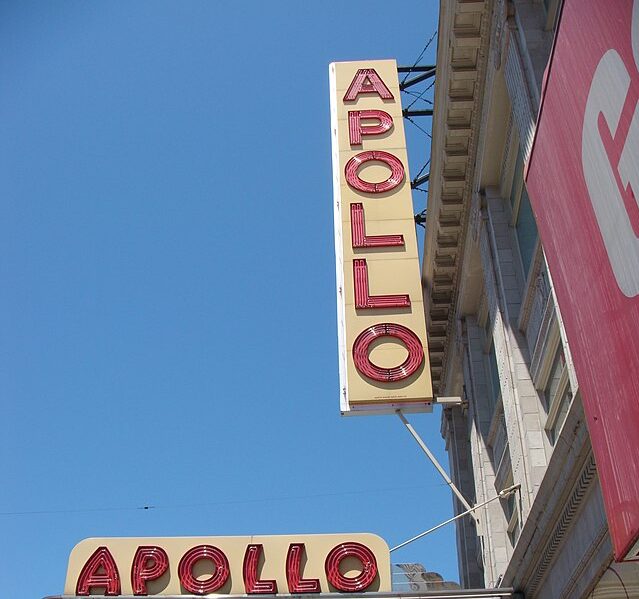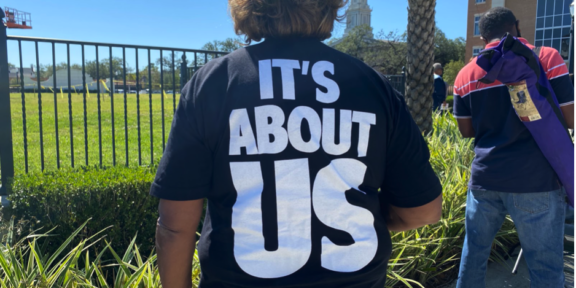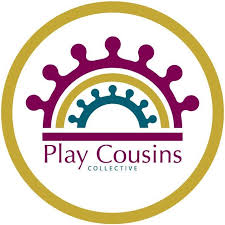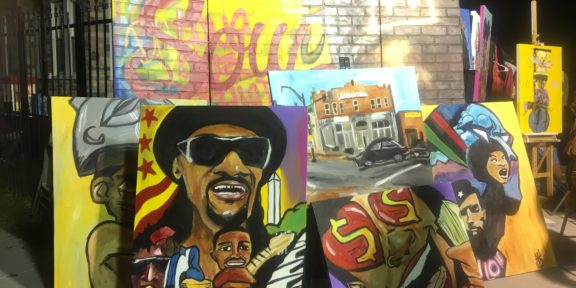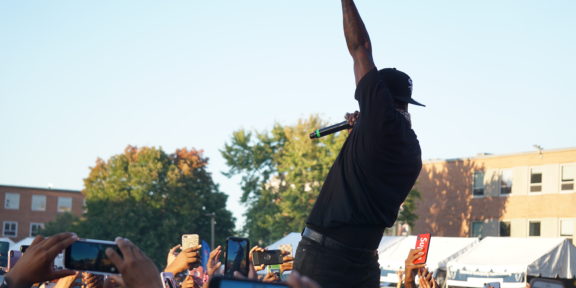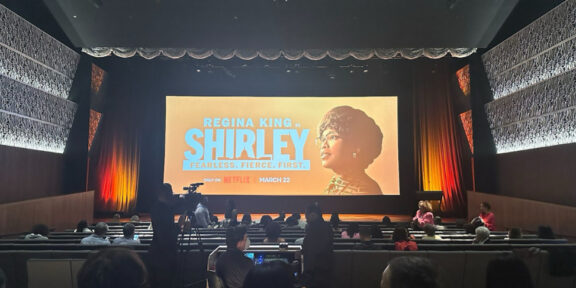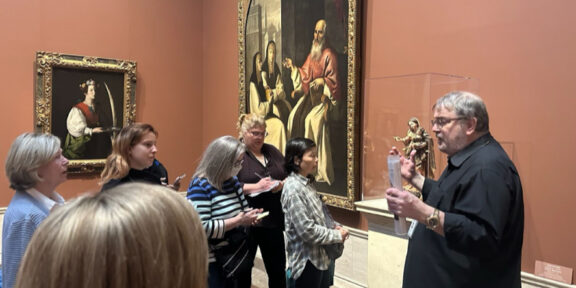By Jade Boone, Howard University News Service
The APOLLO Theater was a source for Black entertainment and talent. Many legends have performed their first song or dance on that stage.
Located in the heart of Harlem on West 125th Street, this particular theater has functioned as a refuge for Black audiences and performers. Powerful voices like Dionne Warwick, Duke Ellington, Louis Armstrong graced the stage that opened many doors for Black entertainment.
“The theatre’s story is really the story of how black America lifted itself out of oppression through music and art,” said Roger Ross Williams, the director of HBO’s new documentary ‘The Apollo.’
“The artists who performed at the Apollo paved the way for everything we have now.”
Frank Schillman, co-founder of Apollo created a formula for live entertainment that made him iconic among entertainment producers.
The inviting and theatrical theater was open to anyone who wanted to buy a ticket, which worked in his favor. He introduced the first amateur night in 1934, and allowed the Apollo theater to play a major role in the emergence of jazz, R&B, soul, gospel, swing, bebop, and soul.
The film introduces Ella Fitzgerald who was a part of the Apollo amateur night. When she was performing, she forgot the words to the song and started to scat. She became one of the best scatters in the world.
When she initially stepped on stage she had prepared to dance but the Edward sisters had closed out the show and she saw the amazing talet they had and decided to do something different. As she stepped on stage, many of the audience members were booing and murmuring “What is she going to do?”
She showed them something they didn’t expect to hear, and her career jumped forward after that performance. People knew who Ella Fitzgerald was and where to hear her voice, which was the Apollo.
The documentary allowed the audience to get a taste of what it was like to experience the Apollo theater. By 1935, Schillman had eliminated all other competition of african american theater entertainment. It holds a space for community, talent and creativity.
It also provided a glimpse of how the racial tension and segregation played a major role in the realities of being a Black performer. During the 40s and 50s, the white club owner of the Apollo at the time, would keep note cards on all Black performers that were discriminatory and weren’t positive.
By 1937 the Apollo was the largest employer of black theatrical workers in the US, according to Frank Schiffman, and the only theater in NYC hiring blacks in backstage positions. Grammy award winner Pharrell Williams, says “I don’t know where any of us would be without all those performances on that stage. The Apollo is the beginning of all of it.”
The Apollo now serves a historical landmark and has a wall of legends for tourists to view and learn about.

